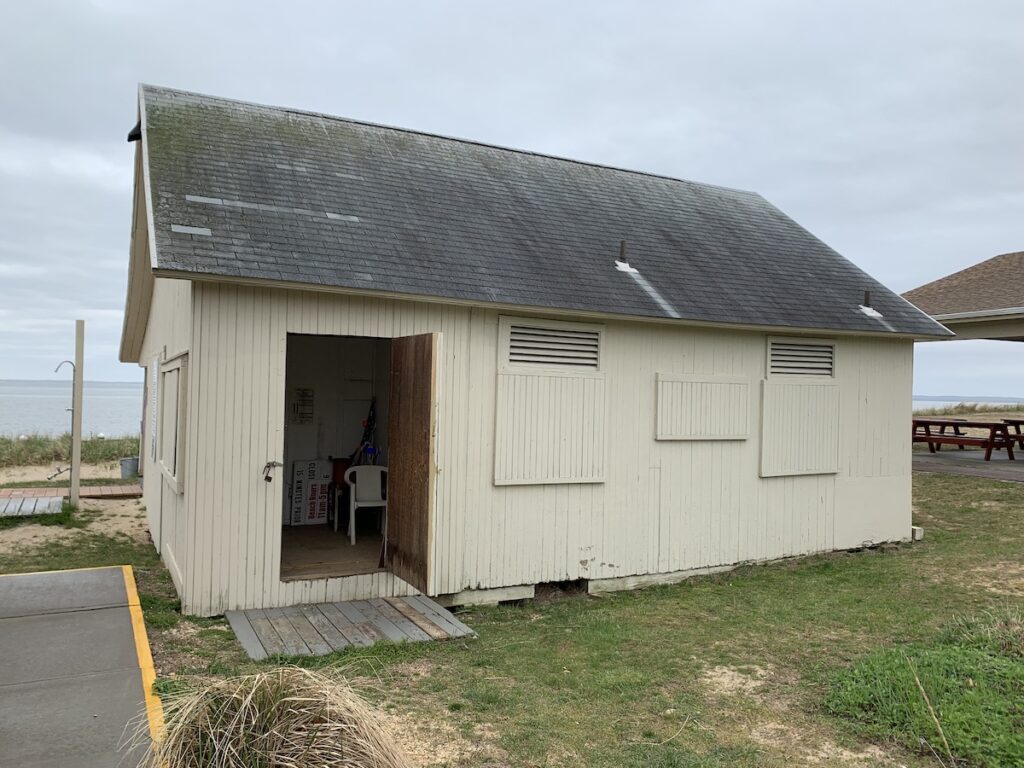Equal Time: There’s more to the story at the U.S.-Mexico border


With all due respect to Ms. Flatley, Ms. Efron and Ms. Peabody (and Mr. Werkmeister), I believe they make several statements that are either ill-informed or perhaps intentionally misleading (“Scenes from the U.S. border,” April 25). First, lest I be called a racist for my border-control opinions, I’d like to point out that El Paso was my hometown for 30 years, and that both my children are married to Mexican-Americans.
Ms. Peabody states: “We were so troubled … they are treated with such inhumanity in so many ways.” Mr. Werkmeister adds: “What they saw were people who had made incredible, long journeys, who were frightened yet resilient and hopeful … Corruption, gang violence and failing economies drove people from their homes in search of better opportunities … And [they are] treated like criminals.”
So, a huge question is begged: How exactly does our border patrol deal “humanely” with a few hundred thousand migrants all showing up at more or less the same time (in March alone, 66,000), a large percentage accompanied by children? Answer: It can’t.
“This isn’t just a crisis, this is a crisis like we’ve never experienced in the history of this country since we started tracking numbers … With the broken asylum laws and other loopholes we’re seeing 65 to 70 percent increase in family units … This year, we’re expected to hit a million.” So says Mark Morgan, Border Patrol chief under Obama.
“Once in the U.S., the migrants are crowding into facilities designed to hold single adult men. Increasingly, smugglers are bringing larger numbers of families together and delivering them across the Rio Grande, knowing they’ll overrun facilities and be released until their immigration court date — this is a system-wide collapse.” So writes Theresa Brown, director of immigration and cross-border policy at the Washington-based Bipartisan Policy Center.
So, let me point out the obvious: These multitudes are voluntarily choosing to put themselves and their children into this dire situation. Second, the reason they are doing so is twofold: (1) they seek a much better life — entirely understandable — and (2) they are well aware that a large majority of their fellow caravaners are succeeding in their America quest.
Furthermore, the migrants are now well aware that exploiting our asylum laws is the way to go. They are also well aware that once in, not only are they highly unlikely to be deported, but — better yet — there are cities scattered around the country dedicated to making sure that never happens.
A final question is begged in my politically incorrect mind: How does it happen that these migrants — all supposedly good-hearted, hard-working souls — come from countries that are such horrible places to live? It seems obvious, at least to me, that a significant percentage of these migrants must inevitably bring their same disastrous cultural dysfunctions with them as they cross our border — much as Muslim immigrants are now causing disruptions throughout Europe.
This is a progressive-made “compassionate” disaster. The idea that America can welcome with open arms — and open borders — the world’s poor is naïve, shortsighted and flat-out idiotic.
I’ll close with this recent passage from The Wall Street Journal: “The reality since 2012 is that if you come into the U.S. as an unaccompanied minor or member of a family and you claim asylum, you will probably be able to stay indefinitely. This creates a huge incentive for more people to come — hence the growing crisis.”
Photo caption: Border Field State Park/Imperial Beach in San Diego in 2014. (Credit: Tony Webster/Flickr)

Hugh Prestwood is an award-winning songwriter from Greenport.








